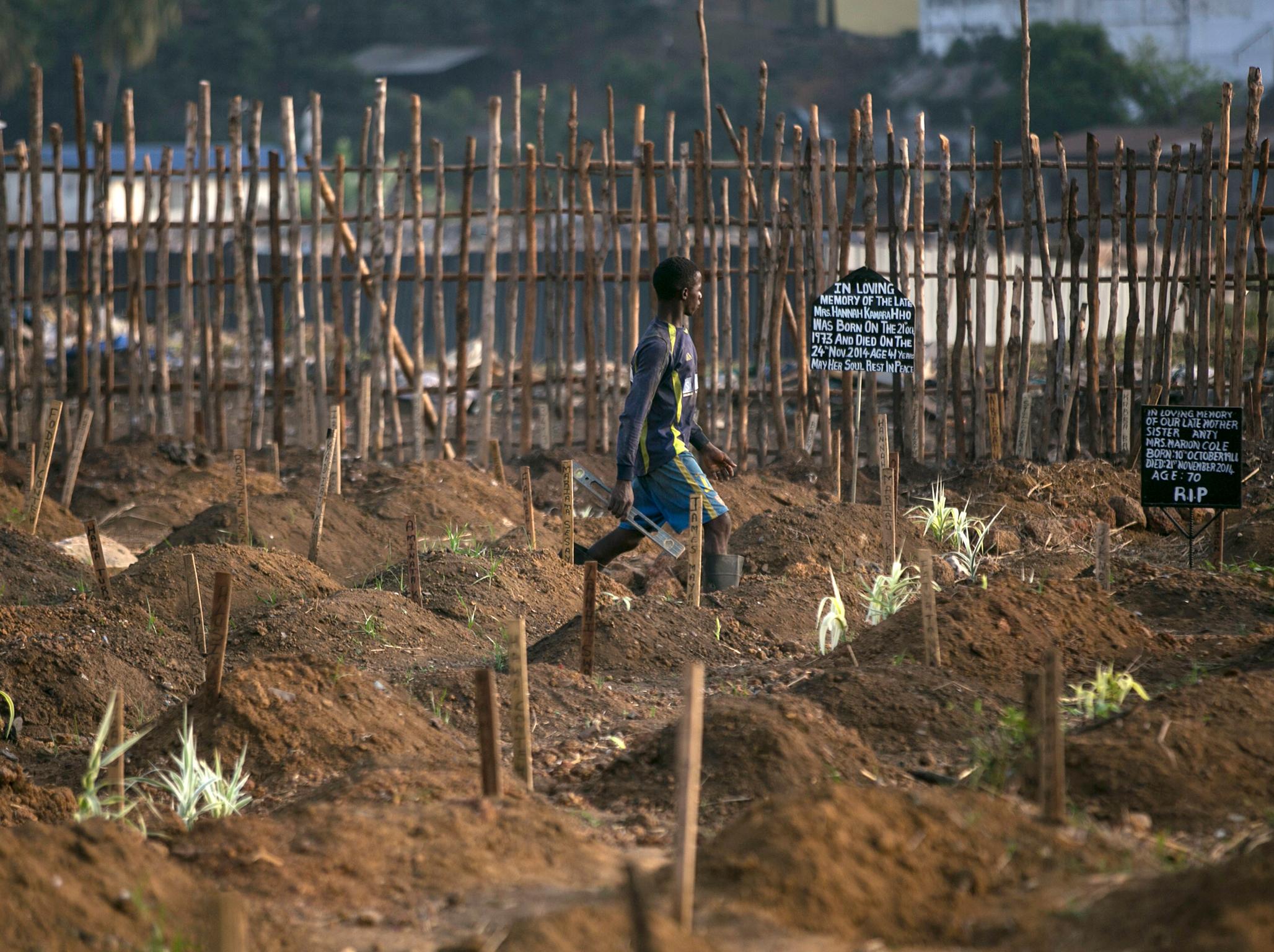Ebola: Second case of virus found, days after outbreak was declared over
The new cases mark a major setback for Sierra Leone, which was declared to be free of the disease just hours before new cases began to be reported

Your support helps us to tell the story
From reproductive rights to climate change to Big Tech, The Independent is on the ground when the story is developing. Whether it's investigating the financials of Elon Musk's pro-Trump PAC or producing our latest documentary, 'The A Word', which shines a light on the American women fighting for reproductive rights, we know how important it is to parse out the facts from the messaging.
At such a critical moment in US history, we need reporters on the ground. Your donation allows us to keep sending journalists to speak to both sides of the story.
The Independent is trusted by Americans across the entire political spectrum. And unlike many other quality news outlets, we choose not to lock Americans out of our reporting and analysis with paywalls. We believe quality journalism should be available to everyone, paid for by those who can afford it.
Your support makes all the difference.A second case of Ebola has emerged, just days after the outbreak was declared over.
The UN's World Health Organisation declared the outbreak to be over just last week. Almost immediately after, another case of the virus was found — and now a close relative of that first victim has tested positive for the virus in Sierra Leone.
The outbreak was response for the death of more than 11,000 people, health ministry spokesman Sidi Yaya Tunis said.
Contacts of the first victim were being monitored for exposure to the virus. And one of those was discovered to have contracted the virus, probably during direct contact with that first victim.
The new patient was one of the people who prepared the initial victim's body for burial,
The 22-year-old died in mid-January, and relatives were allowed to hold a traditional funeral as authorities at the time did not suspect she had died from Ebola.
Ebola is spread through direct contact with the bodily fluids of victims, and corpses are especially contagious. Traditional funerals in the region where mourners touch the body were a major source of virus transmission during the epidemic in Sierra Leone, Liberia and Guinea.
The new cases in Sierra Leone have marked a major setback for the region, as virus transmission had appeared to stop.
Even in announcing the apparent end of the outbreak, though, World Health Organisation officials had warned that additional "flare-ups" of new cases were still possible.
However, Sierra Leone's new cases are particularly concerning to experts because no one identified the first victim as an Ebola patient, and burial precautions were not taken to prevent further infections.
There also had not been any known cases in Sierra Leone for two months, and it is still not known exactly how the 22-year-old contracted the virus.
Additional reporting by Press Association
Join our commenting forum
Join thought-provoking conversations, follow other Independent readers and see their replies
Comments